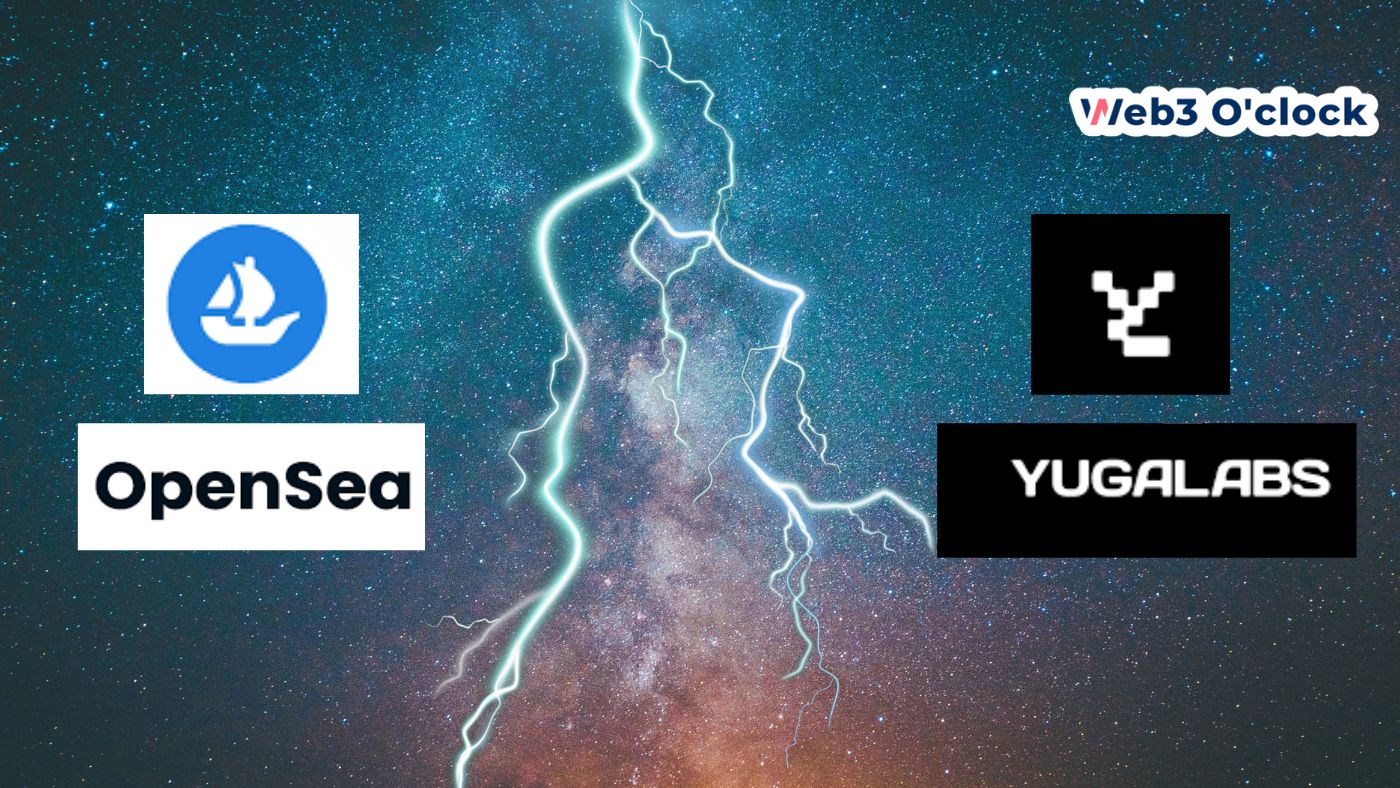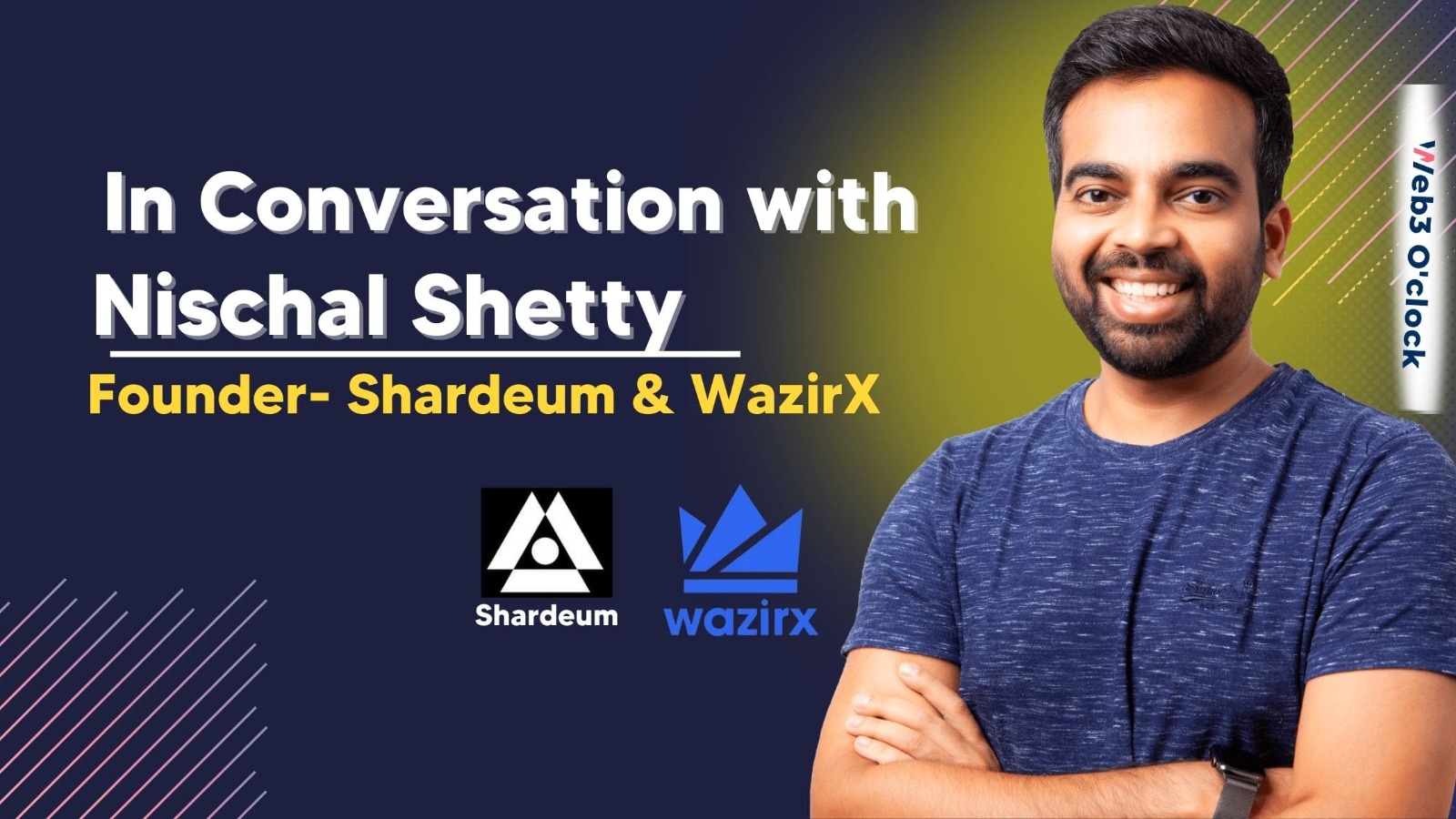In the dynamic world of NFTs (Non-Fungible Tokens), a significant development is brewing that’s caught the attention of creators, collectors, and enthusiasts alike. Yuga Labs, the brains behind the Bored Ape Yacht Club (BAYC), has announced its decision to gradually withdraw support from OpenSea, one of the leading NFT marketplaces. This move comes as a response to OpenSea’s upcoming decision to sunset its Operator Filter, a tool that enforces creator royalties. Let’s dive into the details and understand what this means for the NFT community.
The Background Story: Operator Filter and Its Sunset
The Operator Filter, introduced by OpenSea in November 2022, was designed to empower creators by allowing them to limit the resale of their NFTs to platforms that enforce royalty payments. This tool aimed to ensure that artists and creators continue to earn a portion of the profits every time their NFTs were resold on the secondary market. However, on August 17th, OpenSea dropped the bombshell that they would be retiring the Operator Filter due to several reasons. They cited the lack of widespread adoption, the ability of some platforms to bypass the tool, and resistance from creators as key factors in this decision.
Yuga Labs’ Reaction: A Gradual Transition
In response to OpenSea’s announcement, Yuga Labs’ CEO, Daniel Alegre, took to Twitter to share the company’s plan. Yuga Labs intends to wind down its use of OpenSea’s Seaport marketplace smart contract, starting with all upgradable contracts and any new collections. This process is expected to be completed by February 2024, aligning with OpenSea’s approach. Alegre emphasized that Yuga Labs values protecting creator royalties to ensure that artists receive fair compensation for their creative contributions.
This announcement has garnered positive feedback from the Bored Ape Yacht Club community, as well as from influential figures within the NFT space. Content creators and founders of other NFT projects have expressed their support for Yuga Labs’ stance on creator royalties.
The Ripple Effect: Contemplating a New Direction
Yuga Labs’ decision to step back from OpenSea shines a light on the ongoing debate surrounding creator royalties within the NFT ecosystem. The concept of ensuring creators receive a share of the profits whenever their NFTs change hands has been a topic of discussion for quite some time.
In the early days of the NFT craze, it was customary to enforce creator royalties. However, the entry of platforms like Blur, which offered zero trading fees and alternative compensation models, shook up the market. This disruption led to a decrease in trading fees and royalty percentages as platforms competed to attract users.
The Great Divide: Royalties vs. Accessibility
At the heart of the matter lies a fundamental division within the NFT community. On one side are those who support the cheaper NFT trading model and advocate for innovative methods of compensating creators. Platforms like Blur have attracted users by offering lower fees and different compensation structures. On the other side are those who stand firmly in favor of enforcing creator royalties. This group believes that artists should be fairly rewarded for their work, even in the rapidly changing landscape of NFT trading.
Looking Ahead: A Shifting Landscape
As the NFT landscape evolves, this issue of creator compensation will continue to shape the market. The decision of Yuga Labs to distance itself from OpenSea‘s evolving policies adds an interesting layer to the ongoing discourse. It highlights the complex decisions that creators, platforms, and collectors must grapple with as the NFT space matures.
Conclusion
In conclusion, the news of Yuga Labs’ withdrawal of OpenSea support due to the sunset of the Operator Filter has ignited discussions about the role of creator royalties in the NFT world. This development underscores the evolving nature of the NFT ecosystem and the diverse perspectives within the community. Whether you’re an artist, collector, or simply curious about NFTs, it’s clear that the conversation about royalties and compensation is far from over. Stay tuned as the NFT journey continues to unfold with surprises and shifts that shape the digital art landscape.
FAQs
1. What is the Operator Filter and why did OpenSea decide to sunset it?
The Operator Filter was introduced by OpenSea in November 2022 as a tool to enable creators to control the resale of their NFTs on secondary markets. It allowed creators to restrict the sale of their NFTs to platforms that enforced royalty payments, ensuring they received a portion of the profits every time their NFTs were resold. However, OpenSea recently announced its decision to sunset the Operator Filter. The main reasons cited for this decision include the tool’s limited adoption within the ecosystem, certain platforms being able to bypass the filter, and resistance from creators who preferred different compensation models.
2. Why is Yuga Labs winding back support for OpenSea?
Following OpenSea’s announcement to retire the Operator Filter, Yuga Labs, known for creating the Bored Ape Yacht Club (BAYC), made the decision to gradually wind back its support for OpenSea. In an announcement by Yuga Labs’ CEO Daniel Alegre, the company expressed its commitment to protecting creator royalties. Yuga Labs plans to phase out support for OpenSea’s Seaport marketplace smart contract, starting with all upgradable contracts and new collections. This process is expected to be completed by February 2024, aligning with OpenSea’s timeline for the transition.
3. What is the divide within the NFT community regarding creator royalties?
The NFT community is divided over the concept of enforcing creator royalties on NFT sales. Early in the NFT boom, it was common practice to ensure that creators received a share of the profits each time their NFTs were resold. However, platforms like Blur emerged with alternative models, offering zero trading fees and optional creator royalty payment structures. This shift led to a split in the community. Some advocate for the accessibility of cheaper NFT trading and explore new methods of compensating creators, while others strongly believe in the importance of creator royalties as a means to fairly reward artists for their work. This divide continues to shape discussions within the NFT space as different platforms and creators navigate the evolving landscape.











